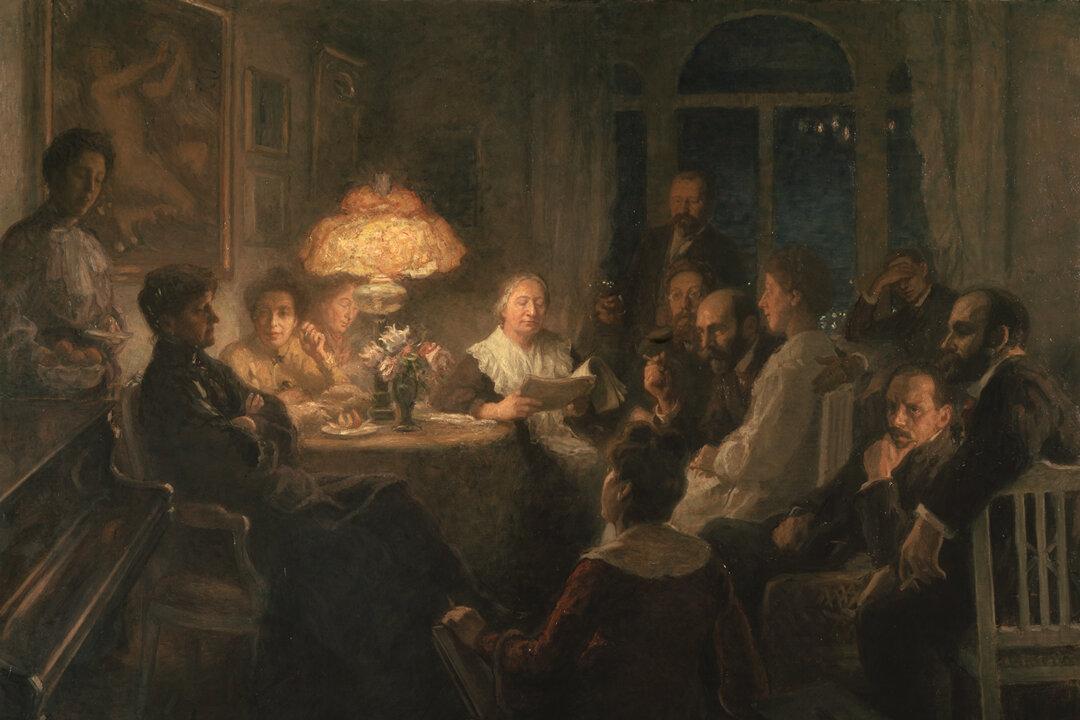Search online for “Is poetry helpful for seniors?” and we find articles pro and con on the benefits for older people of writing and reading poetry. Advocates say that composing one’s own poems or even just reading great poetry can enhance memory, lower blood pressure, and relieve stress. Doubters point out there’s no tangible proof that poetry does anything of the sort.
While it’s certainly true that no poet ever wrote verse for the purpose of preventing hypertension or memory loss, it’s also true that poets through the ages have helped us understand what it means to live and to die, to love, to hope and to despair, to walk through the sunshine and shadows of existence.






